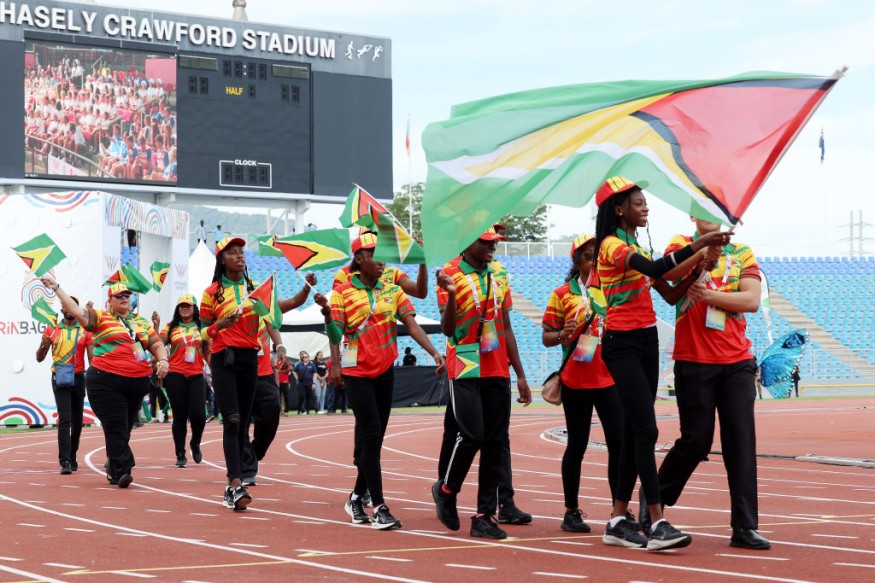Guyana Culture: Essequibo Identifies More as Guyanase and Not With Venezuela

Guyana is at the heart of a simmering conflict in South America as Venezuela claims 2/3 of its territory as theirs. However, culturally, the mostly indigenous people of the disputed Essequibo region identify more with Guyana than Venezuela, despite their proximity to the country.
According to iExplore, Guyana sports a rich and diverse culture as it is a melting pot of Amerindian, Nepalese, Indian, Chinese, and African influences, mixing together with aspects of British, Dutch, Portuguese, and Spanish culture.
This is evident, especially in Essequibo, which Venezuela claims as part of its territory. Most of the people living in the area are indigenous peoples, and they see themselves having more in common with the melting pot that is Guyana than the majority-Latin American Venezuela.
The Essequibo territory, claimed by Venezuela and owned by Guyana, was once a Spanish colony. Spain ruled it alongside Venezuela, making Venezuela claim it as part of its territory. When the Dutch took over, Essequibo essentially became part of Guyana, and this continued until the British colonial period.
Venezuela continued to claim the territory, however, but an international arbitration unanimously ruled that Essequibo is part of Guyana and has been so for over 100 years. Venezuela just revived its claims to the territory after oil and precious minerals were discovered there, and this leads to the dispute we have today as their South American neighbors are gearing up for a possible war.
Essequibo Residents Want To Stay Part of Guyana
Essequibo is home to 125,000 people, and most of them are indigenous. As of late, however, the region has welcomed Venezuelans fleeing poverty in their crisis-stricken nation, and the people living there know that Venezuelan citizenship would just bring more hardship to them should the country annex Essequibo.
"We don't want Maduro here. We don't want no corruption, no poverty," one resident living in an area in Essequibo called Arau told France 24. Many there still struggle to live as life remains hard despite oil being recently discovered there.
Many in Arau, which continues to fly the Guyanese flag, are terrified if a conflict arises as Venezuela massively outguns its South American neighbor.
"We don't want war. There are children, pregnant women, where would we take them?" one resident added. "We want peace."
Guyana Citizens United Through Diversity
Officially, Guyana is the only country in South America that has English as its official language, with English unifying the many diverse cultures within its borders. The many groups in Guyana, be they Indigenous, East Indian, African, Portuguese, European, or Chinese of origin, all call the country home.
According to Evergreen Adventures, the religions in Guyana are also quite diverse, with Christianity and Hinduism being the two most prominent, while there are also plenty of other people who practice e Islam, Buddhism, Rastafarianism, and the Baha'i Faith.
Various tribes reside in the Essequibo area, but there are also other races living there.
This article is owned by Latin Post.
Written by: Rick Martin
WATCH: Top 10 Facts About Guyana | IntoxicatedTV - Intoxicated TV
Subscribe to Latin Post!
Sign up for our free newsletter for the Latest coverage!

















